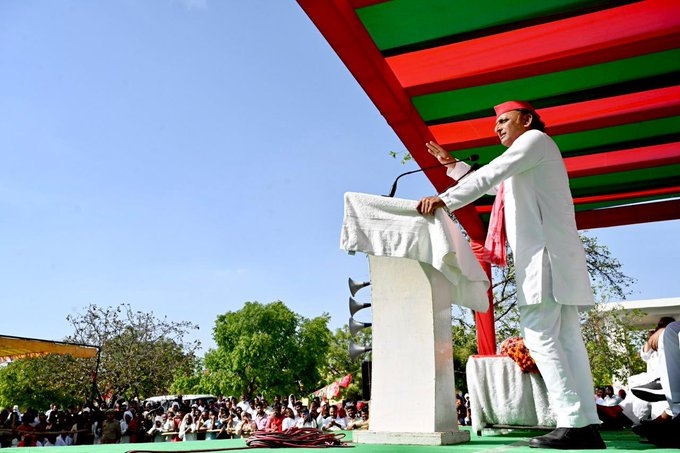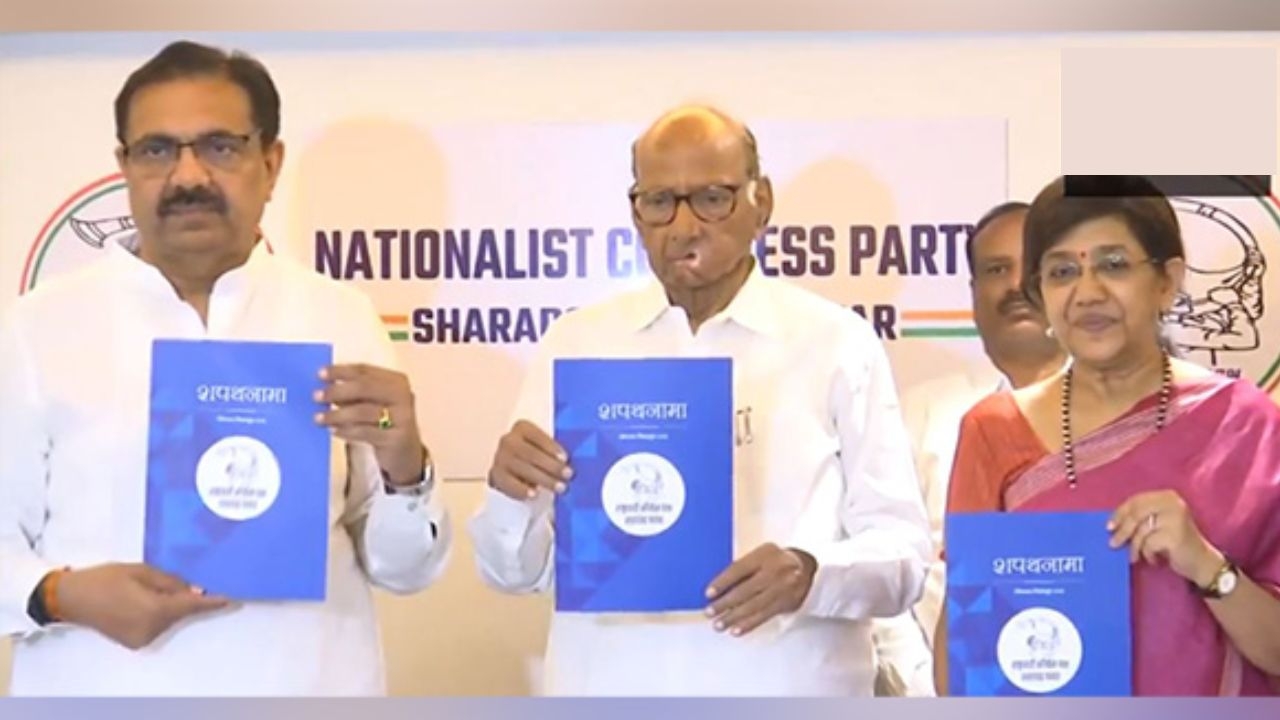To hard-sell RSS in Bengal, Mohan Bhagwat rebrands Tagore as Hindutva thinker
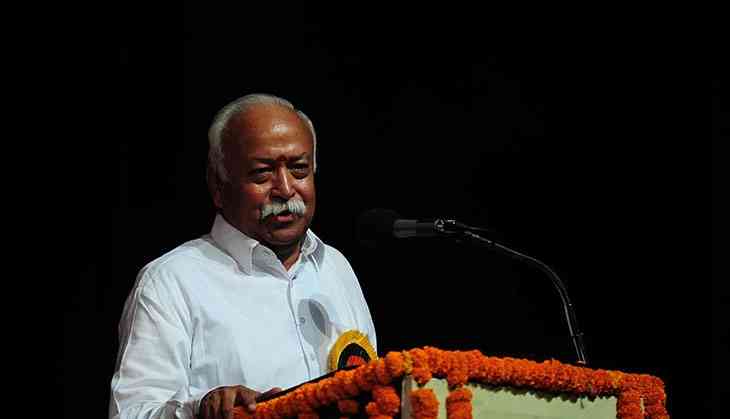
If one listens carefully to RSS Chief Mohan Bhagwat's speech delivered at 150th birth anniversary celebrations of Sister Nivedita in Kolkata, one gets an idea why the state government denied permission to the organisers to hold the event.
The speech was ostensibly about Nivedita's invocation of nationalism as the supreme virtue. However, Bhagwat cleverly used it to reach out to the Hindutva constituency in West Bengal, a state that is witnessing rapid communal polarisation as the BJP prepares to expand its footprints.
Throughout the speech, Bhagwat kept reading from Nivedita's writings on nationalism, translating her words in keeping with his own understanding and interpreting them in a manner most convenient for him.
Sangh favourite Nivedita
Nivedita lived and died much before the RSS and its Hindutva movement was born, but her nationalistic credentials have made her a Sangh favourite. In its efforts to appropriate her, RSS appears to be cleverly welding her views with its own ideological pitches, using her in its quest to expand in West Bengal.
Bhagwat for example, picked up her stress on nationalism, translated it into “Bharateeyata” and used it synonymously with “Hindutva”. Quoting Swami Vivekananda, Bhagwat said, “Till the time dharma exists in India, no power in the world can destroy the country. However, the day dharma will vanish, no power in the world will be able to save the country.”
Nationalism, Bhagwat said, was also the common thread that linked Indians from diverse backgrounds. A “nation”, he said, was defined by a land, its people and their love for each other. However, he laid emphasis on land as the primary source of a national identity. “Vividhta me ekta ka kya sootra hai? Bharat mata...Hamari bhoomi (What is the source of unity in diversity? Mother India. Our land),” he said.
This reflects clearly in the stress that BJP-RSS lays on the territory that India once was (Akhand Bharat) and how it should aspire to get those lands back. RSS' disdain for average Kashmiris protesting against those they consider their oppressors, clearly shows what RSS means when it says - “Kashmir hamara hai” is the land. Its concern is not with the people who inhabit that land.
Bhagwat also told the gathering in Kolkata that Nivedita advocated aggression as a key instrument for Indians to realise the glory of their country and its past.
He said “aggression” was likely to be misinterpreted in the modern context but what it essentially means is “assertion”. “Hindus should become assertive,” he said in an unmistakable message as an assertion of Hindutva is exactly what the RSS-BJP have been focusing upon as their strategy in West Bengal.
Hindu roots run through religions?
At multiple points during the speech, Bhagwat referred to what has been RSS's pitch for a long time – that Indian Muslims have Hindu roots and they must accept it. That assertion is a ploy that helps the Sangh Parivar in pushing for its ideal of a Hindu Rashtra.
“No one can say we didn't absorb alien cultures that came to India”, Bhagwat said at the event, adding, “but we didn't dilute our identity”.
“Many rivers fall in Ganga but she still says Ganga till 2kms even beyond Gangasagar (the point where Ganges meets the Bay of Bengal),” the RSS chief continued. Quoting an anonymous Muslim leader, Bhagwat said the former had admitted to him that 'we are basically Hindus' and it is evident in our love for qawwali because it was a kind of a bhajan.
The qawwali, Bhagwat enlightened the gathering, was sung only in Akhand Bharat, the RSS's nomenclature for South Asia.
Bhagwat either doesn't know or doesn't believe that the qawwali's origins have been traced to Central Asia and Turkey. Saint Hazrat Qutbuddin Bakhtiar Kaki is believed to have died while in a musical trance induced by a qawwali in 1236.
Using this anecdotal wisdom, the RSS chief told the gathering that he had told the said Muslim leader in clear terms that the RSS will withdraw its opposition to the Sachchar Committee only when not just him, but all Indian Muslims will accept that they are Hindus.
Bhagwat also said India's tendency to welcome and absorb alien cultures has not been without pitfalls. “Many influences came. We digested all of them. It caused indigestion sometime in between and that is why we have problems today. But never mind, we will correct the situation,” he said.
He specifically mentioned the final years of the Independence movement as the period in which the Indian identity took a hit. He said Indians believed firmly in their “indivisible identity” till 1940. Then, international events like the Second World War and the Russian Revolution happened and somehow all of that contributed to the loss of the Indian identity, resulting in the Partition and bloodshed.
...And now Tagore
The event also gave Bhagwat an opportunity to move ahead on an unbelievable project that RSS has off late been occupied within West Bengal – to portray Rabindranath Tagore as a Hindutva icon.
For at least last two years, the organisation has been referring to an essay that Tagore wrote after the partition of Bengal in 1905, Swadeshi Samaj, and has been claiming that it carried a conceptualisation of a Hindu Rashtra.
Bhagwat referred to the same essay in his speech and said that Tagore has said in it that Hindus and Muslims will not keep fighting endlessly...out of their strife a middle path will emerge and that path will be of the Hindu. This interpretation of Tagore's essay, as many have argued, is fallacious.
Tagore, in any case, was not even a narrow-nationalist, let alone a Hindutva-inspired one. He had many differences with senior figures of the Independence movement, including Mahatma Gandhi, in terms of the approach to British rule.
Tagore is West Bengal's biggest icon and Bengalis love to revel in the glory of his unparalleled contribution to cultural liberalism. He was a humanist first and then a believer in Independence from colonial rule. It is hard to believe that a century after his death, he could be portrayed as a Hindutva exponent.
It will be interesting to see how they respond to this spin given by RSS to Tagore's legacy.
Edited by Jhinuk Sen
First published: 4 October 2017, 19:12 IST

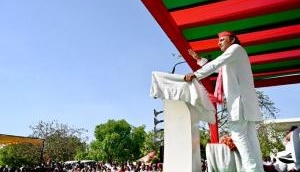
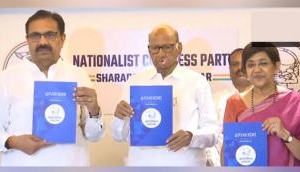
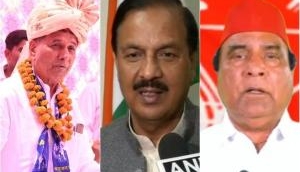
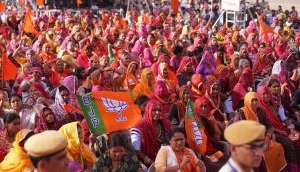

![BJP's Kapil Mishra recreates Shankar Mahadevan’s ‘Breathless’ song to highlight Delhi pollution [WATCH] BJP's Kapil Mishra recreates Shankar Mahadevan’s ‘Breathless’ song to highlight Delhi pollution [WATCH]](http://images.catchnews.com/upload/2022/11/03/kapil-mishra_240884_300x172.png)

![Anupam Kher shares pictures of his toned body on 67th birthday [MUST SEE] Anupam Kher shares pictures of his toned body on 67th birthday [MUST SEE]](http://images.catchnews.com/upload/2022/03/07/Anupam_kher_231145_300x172.jpg)


